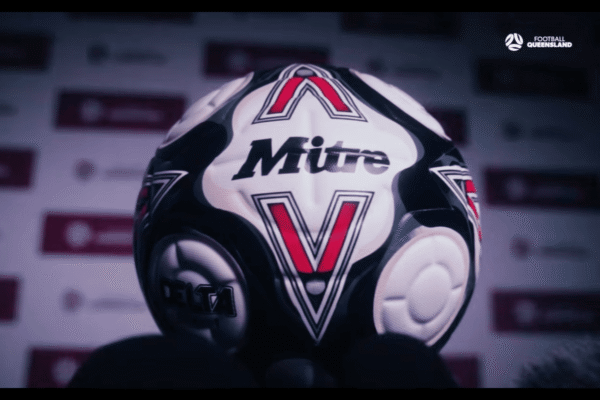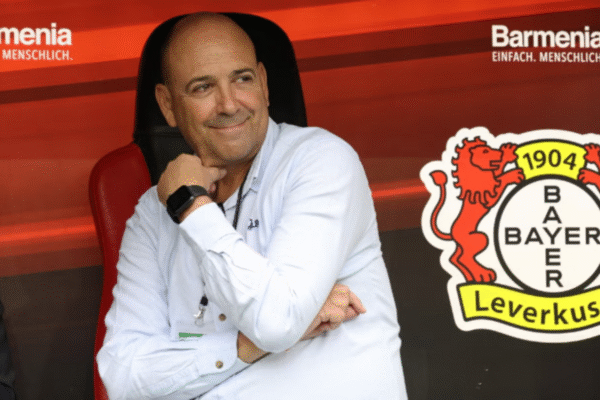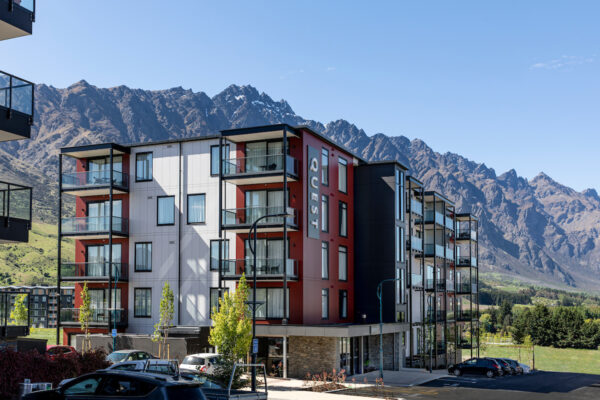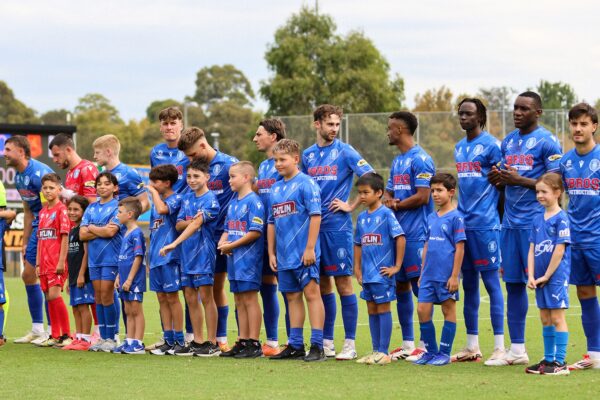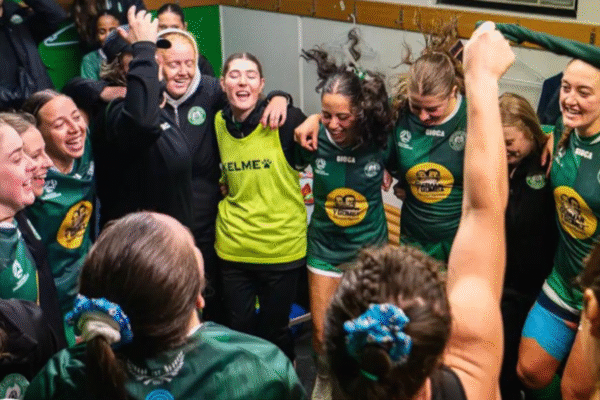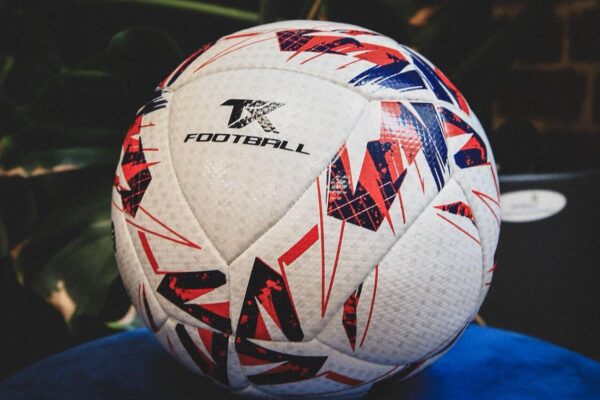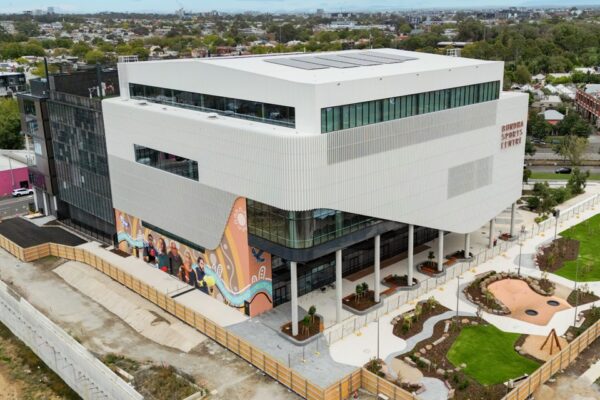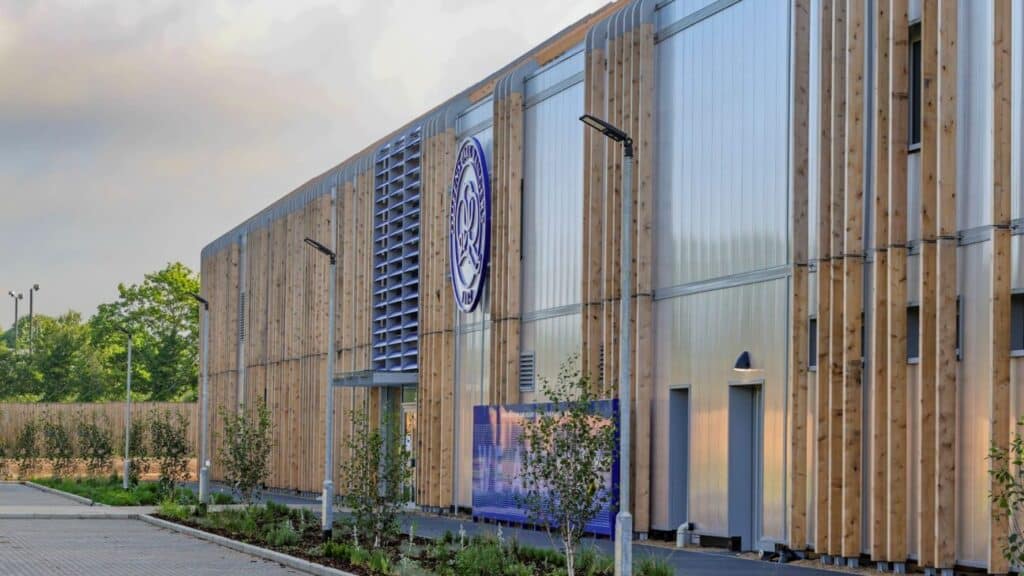
English Championship football club Queens Park Rangers has presented its brand new cutting-edge practice facility.
The facility situated in Heston, a neighbourhood of the London Borough of Hounslow, will house the club’s first team, Under 23s, and academy teams beginning in the 2023–24 season.
The facility has been designed by Studio Zoppini Architects and delivered by a project team including: global design engineering consultants Buro Happold, planning advisors HGH Consulting, and contract administrators Arcadis.
The building’s domestic profile permits an extruded form that allows for internal zoning and spatial appeal in important places. The primary social areas, the gym and eating areas offer views of the practise fields and the surrounding countryside but are separated from the entrance by a wall.
The orientation and exterior of the building have been planned to incorporate natural ventilation and lighting, incorporating passive design features and improving working conditions for all employees, including players.
Full multidisciplinary engineering services were provided by Buro Happold, resulting in a project with outstanding sustainability credentials. The facility uses a lot of air source heat pumps and has 922 square metres of solar photovoltaic panels for on-site renewable energy regeneration. The structural engineering team at Buro Happold also reduced the project’s carbon footprint by pressing for cement substitution where appropriate and suggesting lightweight partitions to reduce the pressure on the steelwork.
Steve Macey, director at Buro Happold, stated via press release:
“It’s fantastic that QPR’s new training ground is complete and ready for its teams to start training ahead of the new football season. We’ve been involved over a number of years to consolidate the club’s first team with the academy onto a single sustainable site, and this is the culmination of all that hard work.”
QPR’s innovation is a step in the right direction as technology advances as a crucial part of the game, with their new facility demonstrating this.
QPR will focus on their upcoming EFL Cup tie against Norwich on August 17.



